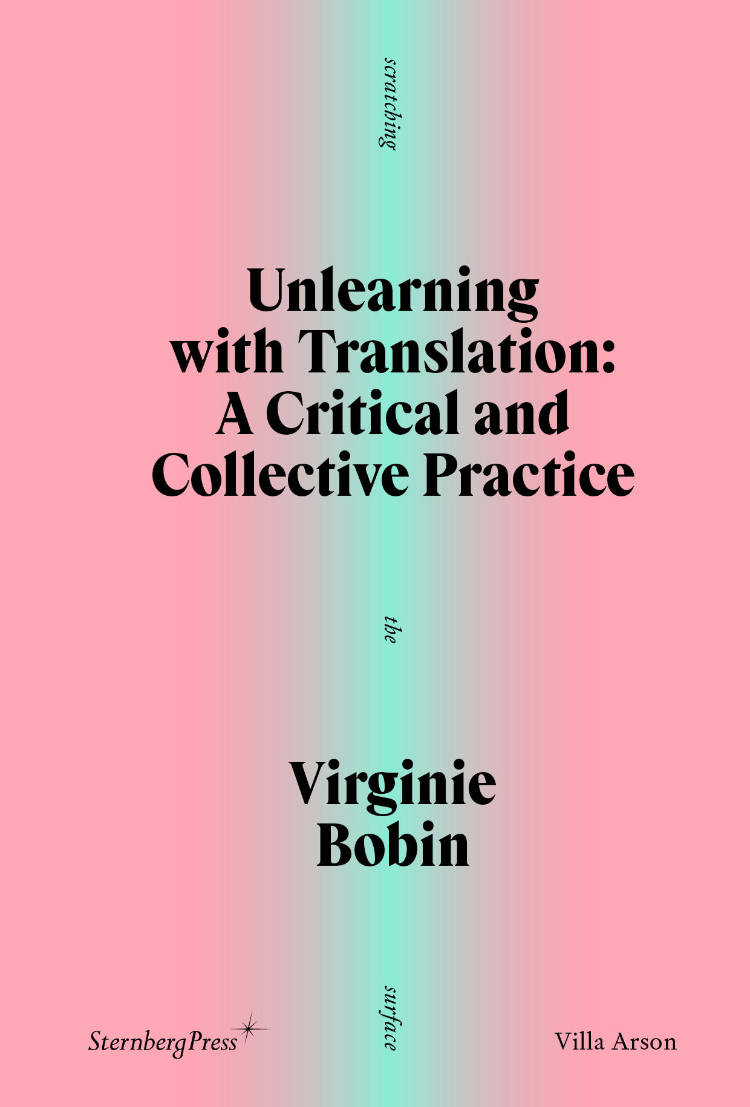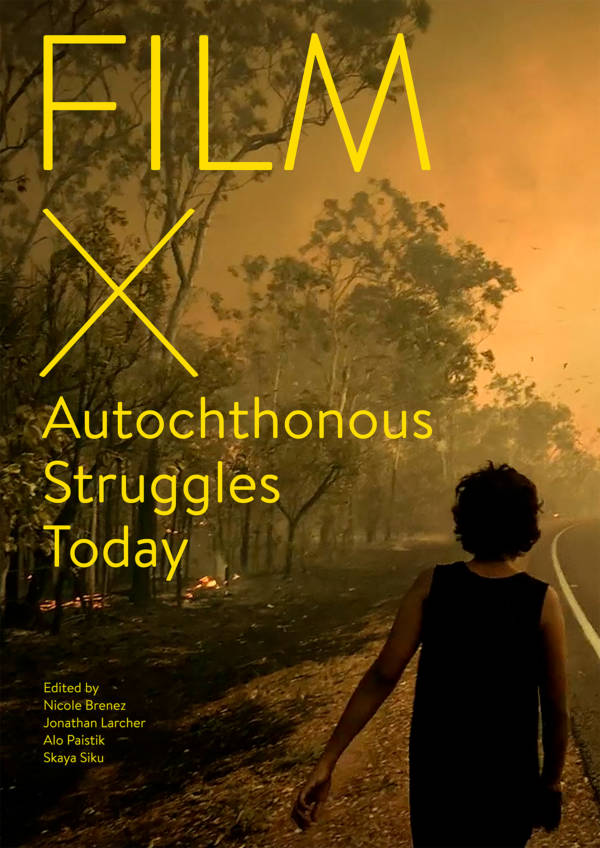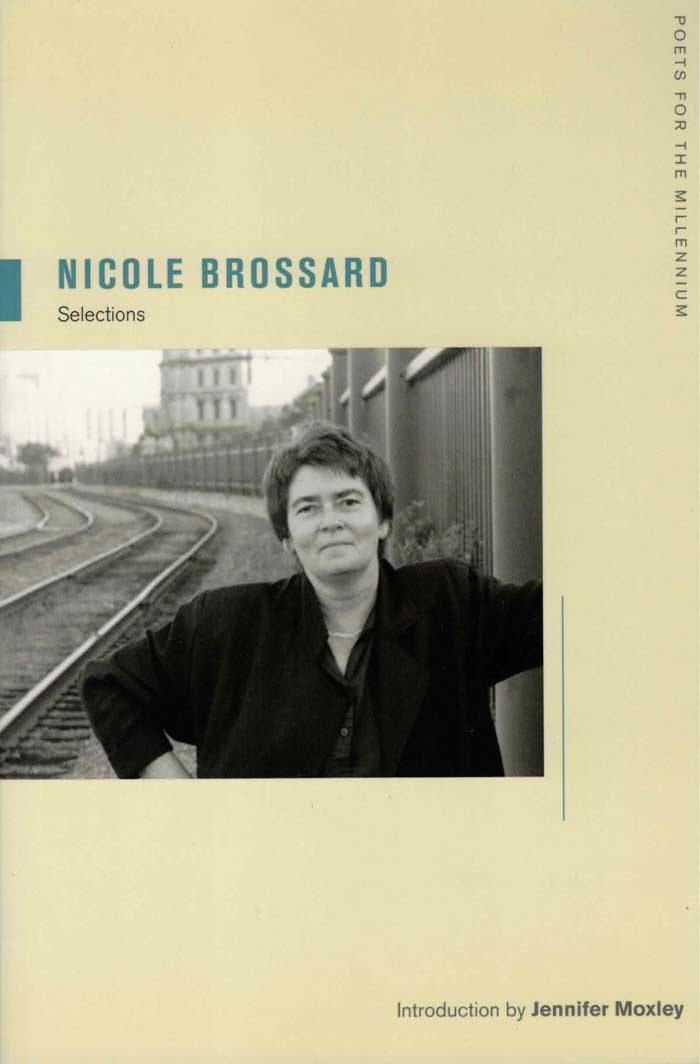
Some Rockin' – Dan Graham Interviews
A collection of Dan Graham's interviews and conversations with a wide array of individuals from various backgrounds and disciplines.
Dan Graham was a contrarian. His art confronted viewers with a multiplicity of possible perceptions and intersubjective experiences. Some Rockin' was his last project and—through conversations with friends, artists, architects, curators, and former assistants—articulates his sensitivity to context, media, and people. The interviews address rock music and urbanism, humor and astrology, history and the hybrid form. Mediating historical and social experience was a major concern of his. "The Museum in Evolution," an essay he finished just before his death, and published here, highlights that nothing is final in becoming. Rather, it allows for: Some Rockin'.







